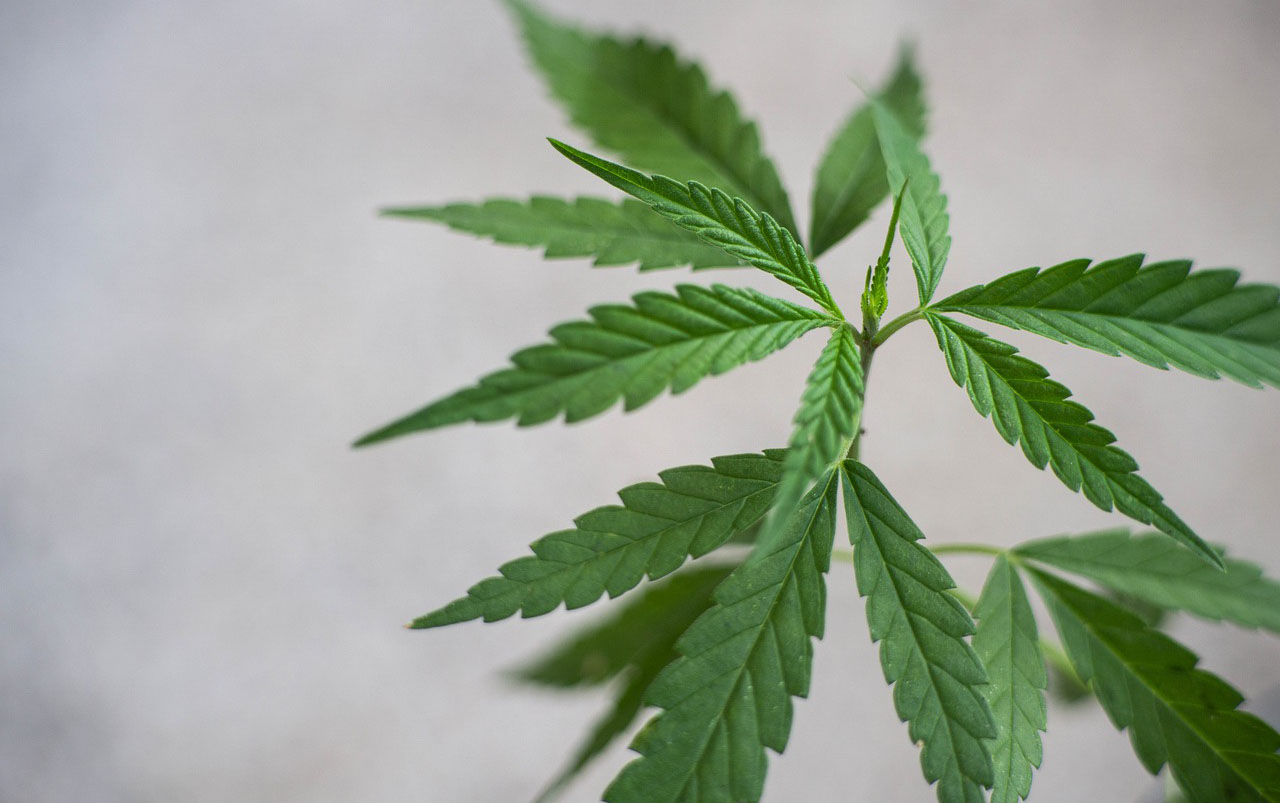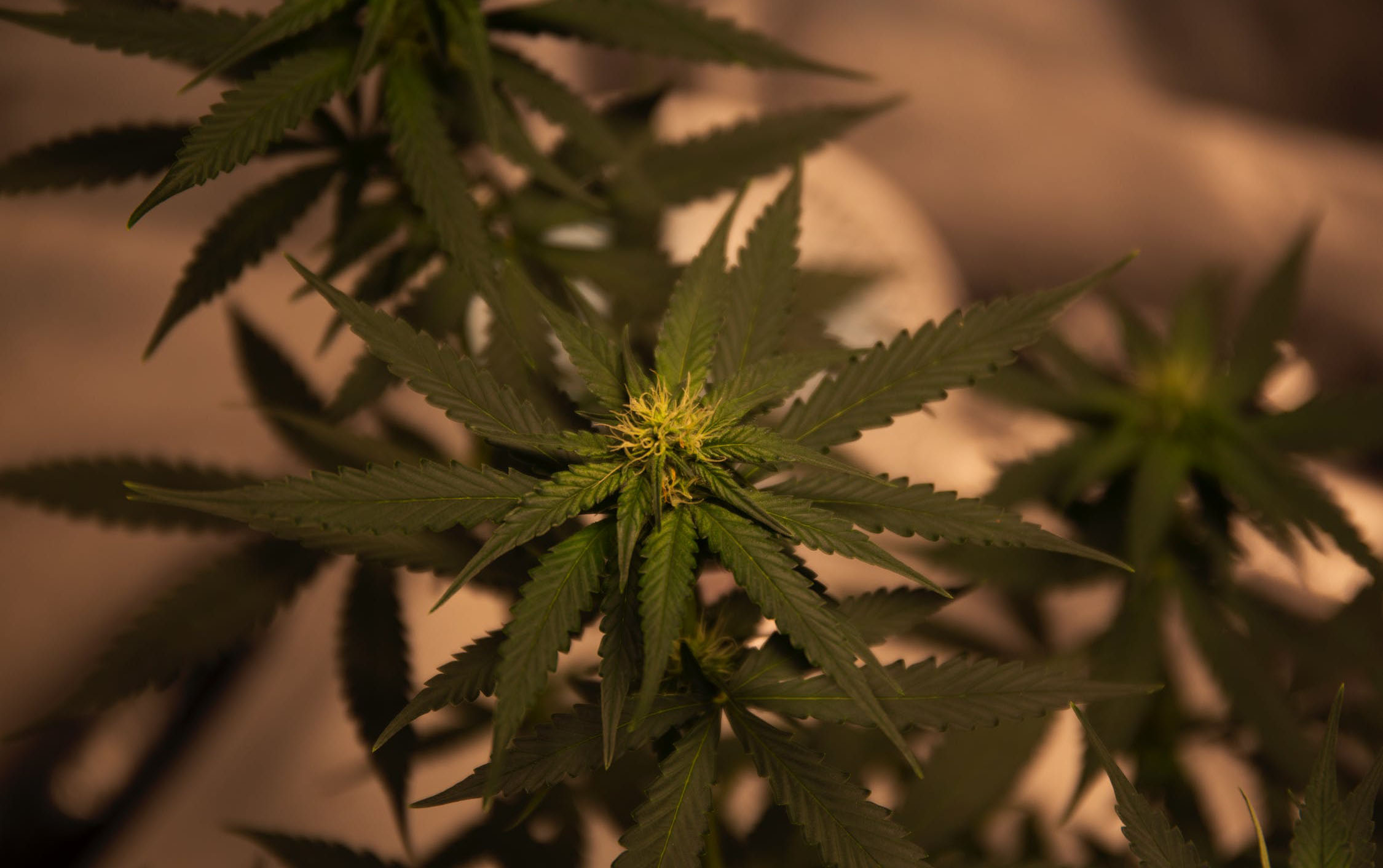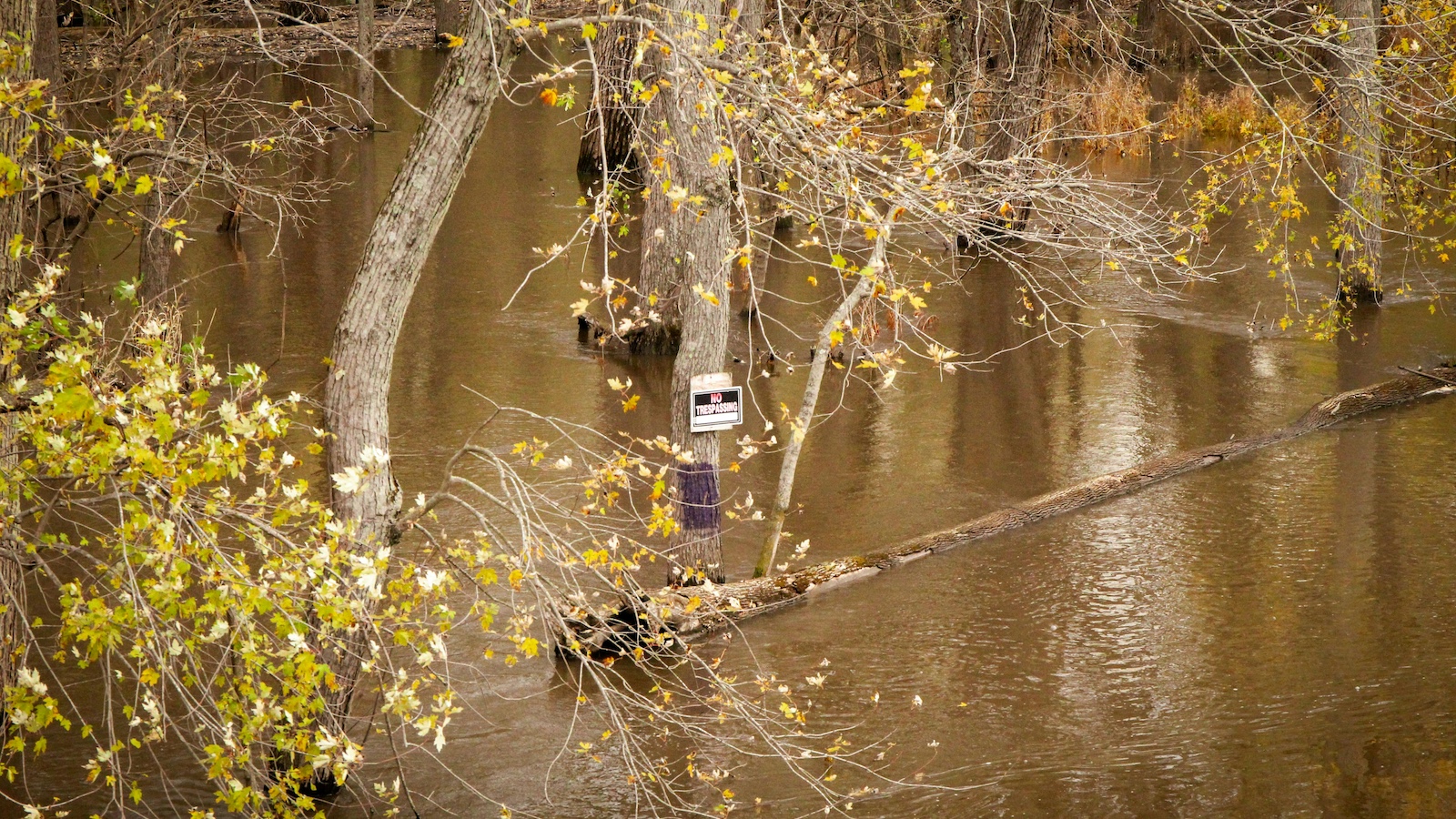The list of states in which marijuana is legal, either for medical or recreational purposes, is expected to continue to grow in 2020. Legislative efforts are expected to continue in New York and New Jersey, despite falling short the previous year, and in other states there are ballot-initiative campaigns aimed at legalizing recreational marijuana. However, at the federal level, efforts to revisit the status of marijuana under the Controlled Substances Act (CSA) have not made significant progress.
Currently, under the CSA, the cultivation, sale, distribution and possession of marijuana are illegal, irrespective of whether such activities are permitted under state law. This disparity in the legal status of marijuana at the state and federal levels, which has created uncertainty for businesses in the “legal” cannabis market, was dubbed the “marijuana policy gap” in a 2017 report by the Congressional Research Service.
The “marijuana policy gap” has caused some industries to hesitate to participate in legal marijuana markets, including the insurance industry. As a result, insurance options for marijuana-related businesses (MRBs) are limited to mostly smaller, specialized insurers and the excess and surplus lines market. Conversely, larger, admitted carriers have resisted entering the insurance market for MRBs. In addition, financial institutions that accept deposits or extend credit to MRBs, or provide other financial services, risk violating federal law, such as anti-money laundering regulations. As a result, MRBs have limited access to capital to fund their growing businesses.
In 2019, a pair of bills were introduced in Congress aimed at expanding the ability of MRBs to obtain insurance as well as financial services. The CLAIM Act, as it was called, was intended to provide safe harbor from liability under federal law to insurers that underwrite policies for MRBs in states where medical or recreational use of marijuana is permitted. A second bill, the SAFE Banking Act, was intended to provide banks with a similar “safe harbor” from being penalized by regulators for providing banking services to MRBs operating in states where marijuana is legal.
Although the CLAIM Act stalled in both the House and Senate, the SAFE Banking Act was passed by the House on Sept. 25. Prior to its passage, the SAFE Banking Act (H.R. 1595), was amended to include the protections for insurers that were originally introduced in the CLAIM Act. Under Section 4(c) of the act, an insurer that engages in “the business of insurance” with a “legitimate” MRB may not be held liable under federal law or regulations solely for engaging in such business.
The SAFE Banking Act passed in the House with bipartisan support, on a vote of 321 to 103. The act now awaits action by the Senate, although its prospects for passage are uncertain. Sen. Mike Crapo (R-Idaho) is the chair of the Committee on Banking, Housing and Urban Affairs, which is considering the SAFE Banking Act, and has voiced “significant concerns” regarding the bill. Among other things, Sen. Crapo pointed to problems not addressed by the SAFE Banking Act, including “lack of research on marijuana’s effects, and the need to prevent bad actors and cartels from using the banks to disguise ill-gotten cash to launder money into the financial system.” Sen. Crapo’s apparent opposition to the bill may sound its death knell in the Senate. However, rather than outright dismiss any prospect of passing the bill, Sen. Crapo has requested public input on how to address his concerns. In addition, he has suggested that he may introduce his own legislation on this issue.
See also: More Options for Cannabis Insurance?
In the meantime, industry groups continue to support the act. On Feb. 7, 2020, the Credit Union National Association (CUNA) issued a response to the concerns outlined by Sen. Crapo, arguing that the SAFE Banking Act can be modified to address his concerns “consistent with the narrow objectives the bill was designed to achieve.” CUNA did not release a specific proposal but argued that, aside from a proposal to add public health and safety requirements to the enforcement responsibilities of the financial institutions, the SAFE Banking Act is already consistent with Sen. Crapo’s position on cannabis.
Though its passage is far from certain, the SAFE Banking Act would have a significant impact on the legal cannabis insurance market and potentially encourage more insurers to underwrite policies for MRBs. Those working in the cannabis industry, or servicing those who do, should continue to track this legislation as well as monitor for future proposals.









